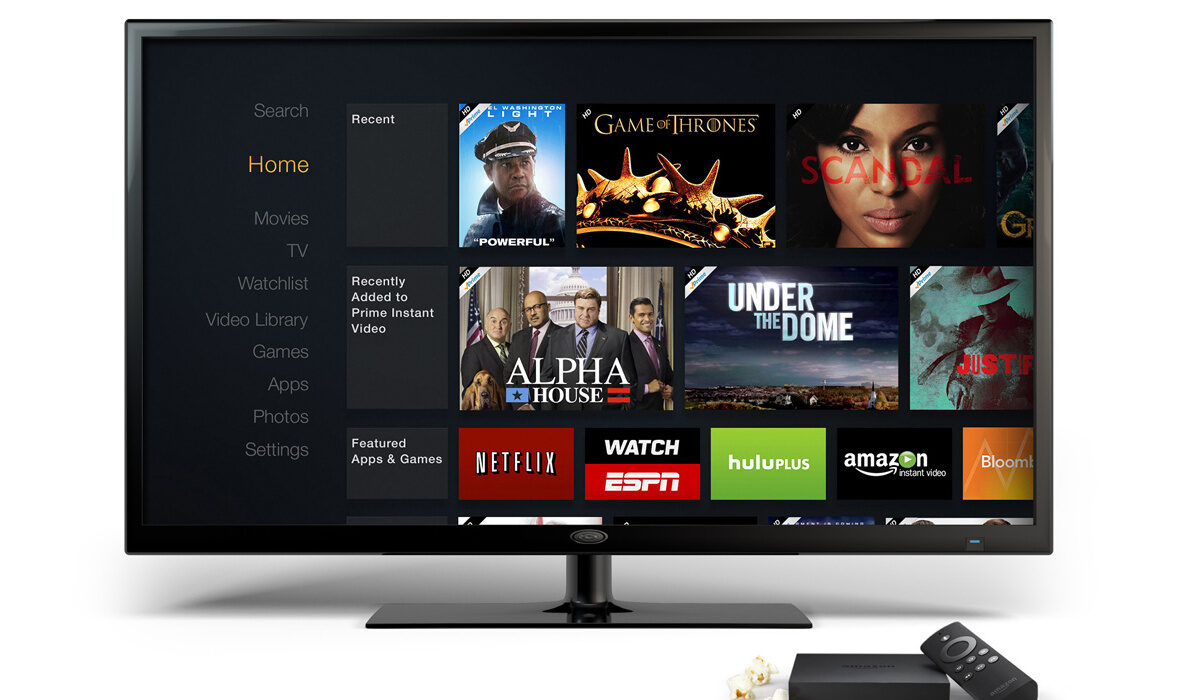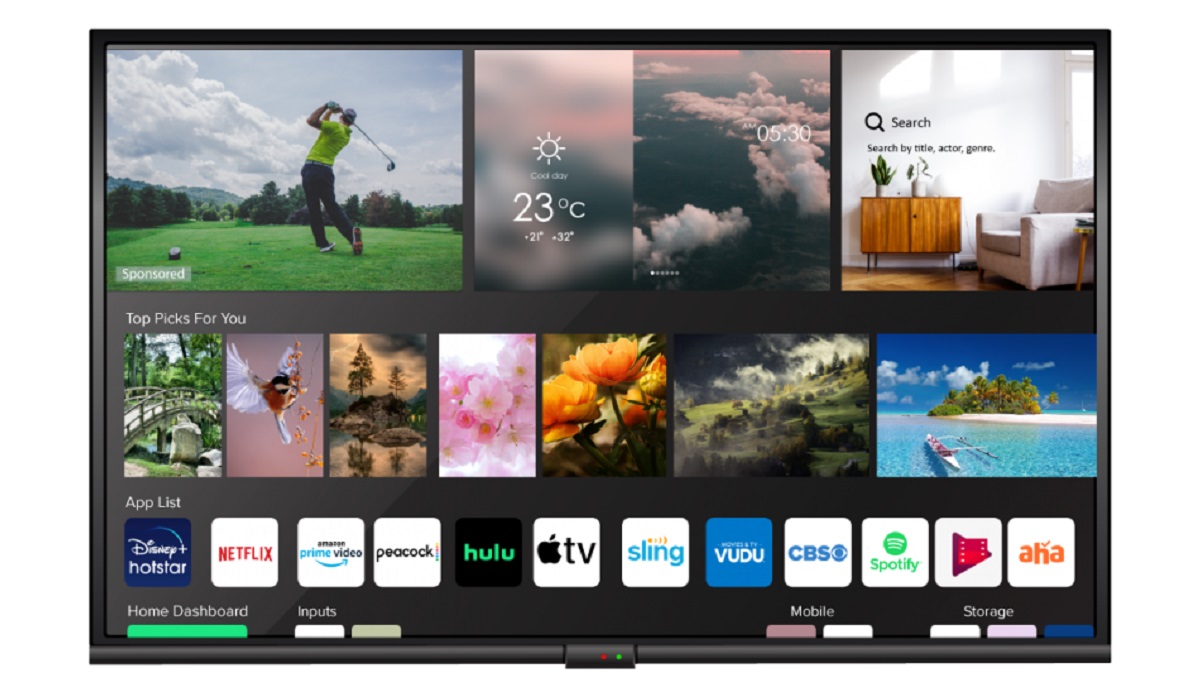One way to understand the functionality of a smart TV is to define it as a television that doubles as a desktop PC. That definition paints a clear and bright picture of the kind of things that you can do with one.
As a television, you can watch both terrestrial and satellite broadcasts on it, and connect it to a media player (CD/DVD player) or home theatre to playback video and audio content.

As a desktop computer, you can do everything else that you do on a laptop or other PC on your smart television as well. That includes stream online media (Netflix, Amazon Prime Video, Hulu, and the like), browse the Web, receive and send email, download and install apps and games, instant messaging (WhatsApp, Telegram, and others), run video calls, online meetings via Zoom, Microsoft Teams, Google Meet, and a host of others.
You can also connect your smartphone or gaming console to it in order to “cast”. That means, you can use it as a big screen for devices with smaller screens.
What is a smart TV? Definition
As I have already explained, a smart TV is an Internet-connected television that doubles as a big screen computer. As a connected device, it needs an Internet connection. Note that you do not need an Internet connection in order to watch regular TV, but if you want to take advantage of the connected PC side, an Internet connection is essential.
Table of Contents
How to connect a smart TV to the Internet
Connecting a one to the Internet is a simple and straightforward process. It is a process that you are already familiar with: use Wi-Fi. All smart televisionss are Wi-Fi-enabled. Simply connect it to your home or office Wi-Fi and you are ready to start streaming and browsing and downloading.
Here is a guide showing you How to connect your Smart TV to the Internet in 2 easy ways. If you run into trouble and it fails to connect, here is an article to help you figure out why your Smart TV is not connecting to the Internet.
What brands make smart TVs?
Almost every brand that makes traditional television sets now makes smart TVs. In addition, being new technology, there are new players making them as well. The leading smart television brands are Samsung, Sony, and TLC. Others include: LG, Hisense, Vizio, Panasonic, Philips, Sharp, and Toshiba.
What operating systems do smart TVs use?
As we have already established that a smart television is pretty much a computer, it shouldn’t be difficult to understand that they run an operating system. The operating system in use differs from one brand to another, but the capabilities are the same/similar. There are three major operating systems in use by smart TV brands.
Android TV is the most widely used operating system for these new, advanced television sets, and it is deployed by brands like Sony, Sharp, Toshiba, and TLC. Note that Android TV is set to be replaced with Google TV. Samsung TVs use Tizen OS, which Samsung has successfully pulled back from the brink of extinction and put to good use. LG uses WebOS, another operating system from the past that has found a new lease of life in the world of smart television.
Other operating systems include Roku, Fire TV, and Apple TV operating system.

In closing, a smart TV is an advanced, Internet-connected television set that allows you to watch traditional television channels and broadcasts, as well as download and install apps to use online streaming services, message, access social media, browse the web, play online and offline games, and even control your TV with your voice or your smartphone. You can also connect other devices to it to extend its capabilities.

